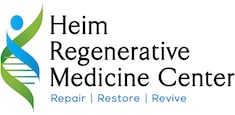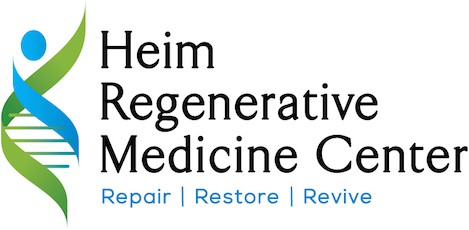PRP injections are a type of regenerative treatment that supports the body’s natural healing process for relief from pain, stiffness, and other symptoms of injuries. For sports injuries, PRP treatment can be particularly helpful. This minimally-invasive treatment is safe, doesn’t require any downtime for recovery, and provides long-lasting results, helping athletes return to their sport faster.
What is PRP Treatment?
PRP treatment involves drawing the patient’s blood, spinning it in a centrifuge to isolate the plasma, and injecting the plasma into the site of the injury. With this process, a high concentration of growth factors and blood cells are delivered directly to the injured tissue, which stimulates and strengthens the body’s natural repair process. Since many injuries are often in areas of the body that don’t receive ample blood flow, the ability of PRP treatment to boost circulation to the injured area can significantly aid the healing process.
Sports Injuries
Many sports injuries can benefit significantly from PRP treatment. The most common of these include:
- Plantar fasciitis
Plantar fasciitis is among the most common sports injuries. Also called “runner’s heel”, this injury occurs when the plantar fascia, which supports the arch of the foot, becomes irritated. This causes pain in the heel and arch of the foot.
- Tendinitis
Tendinitis, including tennis and golfer’s elbow, is very common among athletes. Tendinitis occurs when a tendon becomes inflamed or irritated. In the case of athletes, overuse is typically the cause of tendon irritation.
- Rotator cuff injuries
The rotator cuff is made up of muscles and tendons surrounding the shoulder joint. It supports and stabilizes the shoulder. Rotator cuff injuries are common in sports that involve frequent use of the arms overhead, including basketball, swimming, baseball, tennis, and golf. Rotator cuff injuries become more common as we age.
- Torn meniscus
The meniscus is the piece of cartilage that cushions the shinbone and the thigh bone in the knee. Sudden twists or rotations of the knee, which can occur in many sports, can cause a torn meniscus. With a torn meniscus, you may experience knee pain, swelling, stiffness, weakness, a locked sensation, and/or a popping sensation in the knee.
At the Heim Regenerative Medicine Center, we offer PRP and other regenerative injection treatments for sports injuries. Schedule an appointment at our office today to learn more!


No Comments